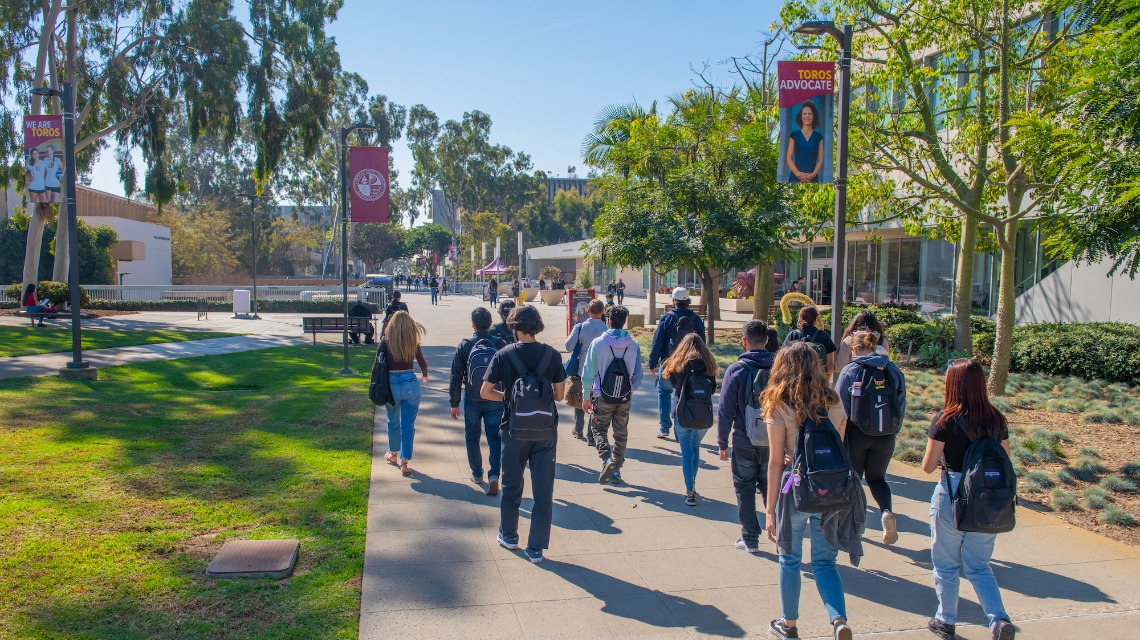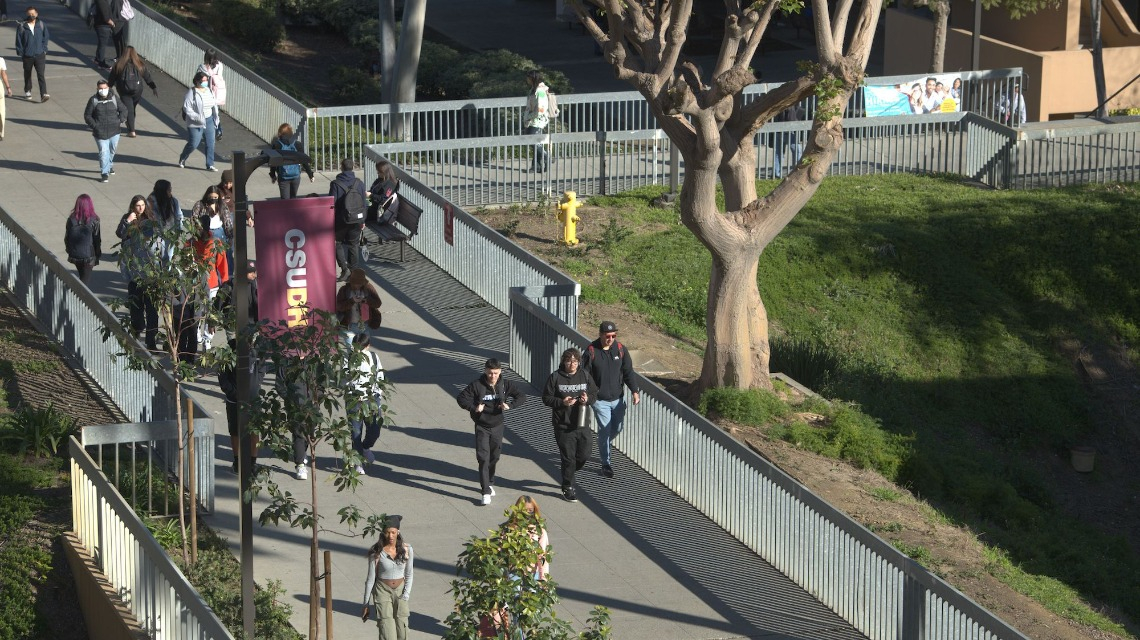teaching
-
Archive
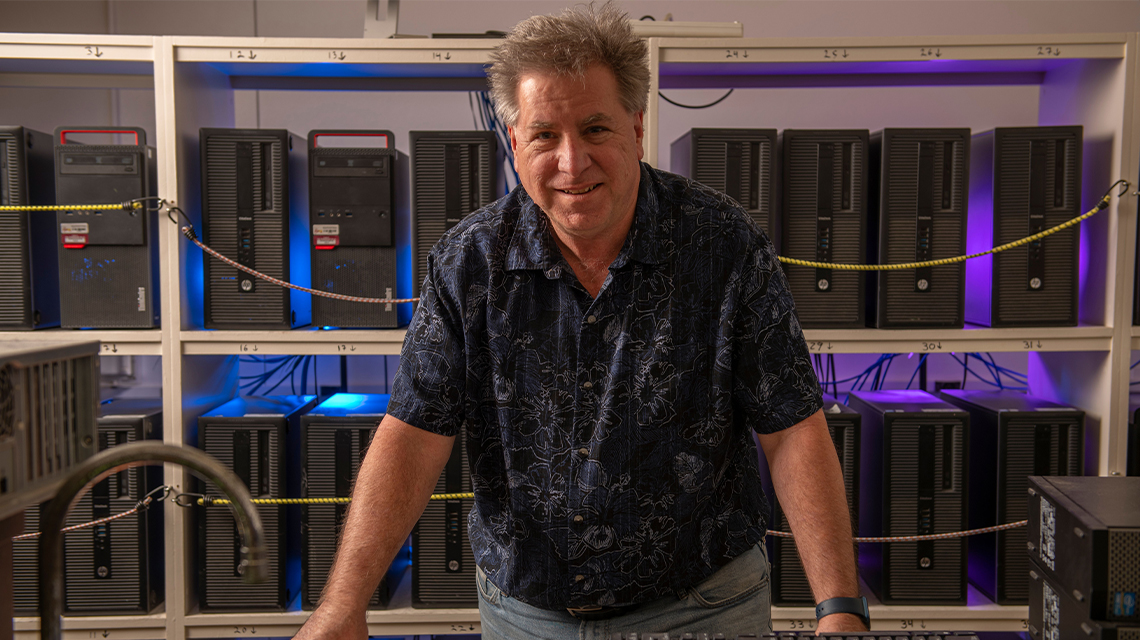
John Price Wins 2023 Excellence in Research, Scholarship, and Creative Activity Award
To hear John Price tell it, his work in experimental physics most resembles the preparation of an Ikea assembly guide.…
-
Archive
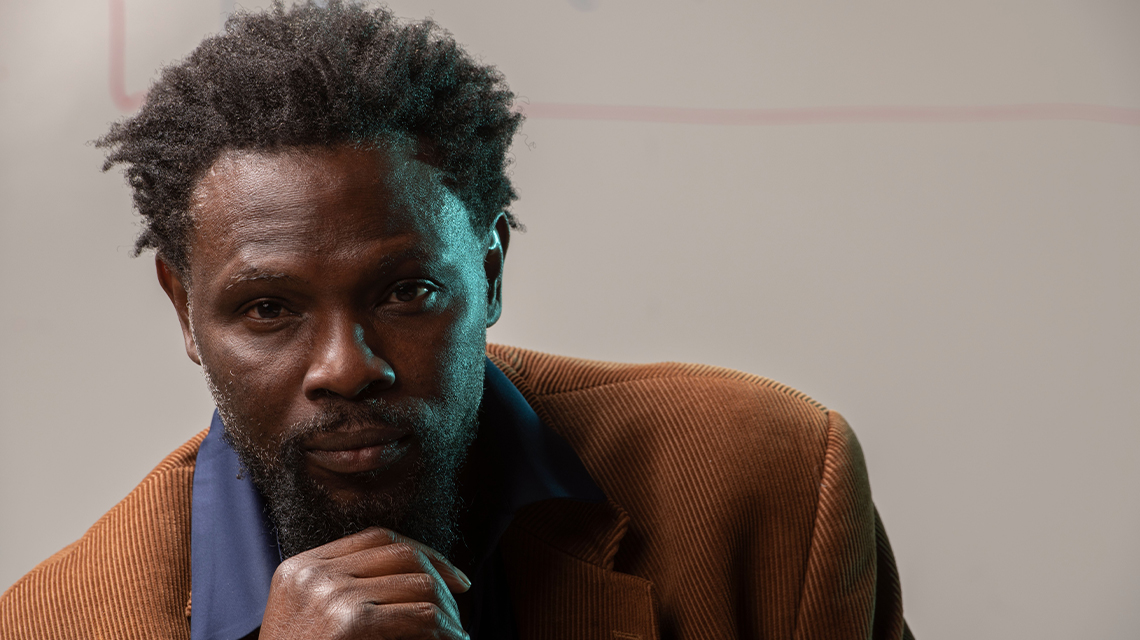
Horace Crogman Wins 2023 Lyle E. Gibson Distinguished Teacher Award
Innovation has become a byword for Horace Crogman. As an associate professor of physics at CSUDH, he is a vocal…
-
Archive
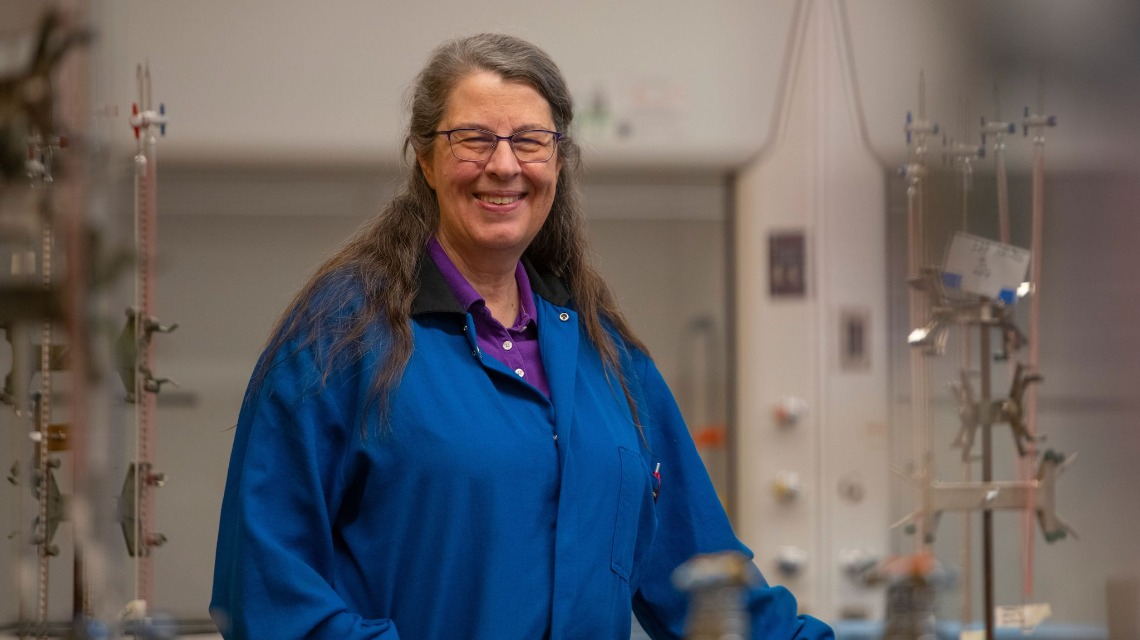
Barbara Belmont Named 2023 Catherine H. Jacobs Outstanding Faculty Lecturer
After more than twenty years of being a faculty member at CSUDH, chemistry lecturer Barbara Belmont says she is still…
